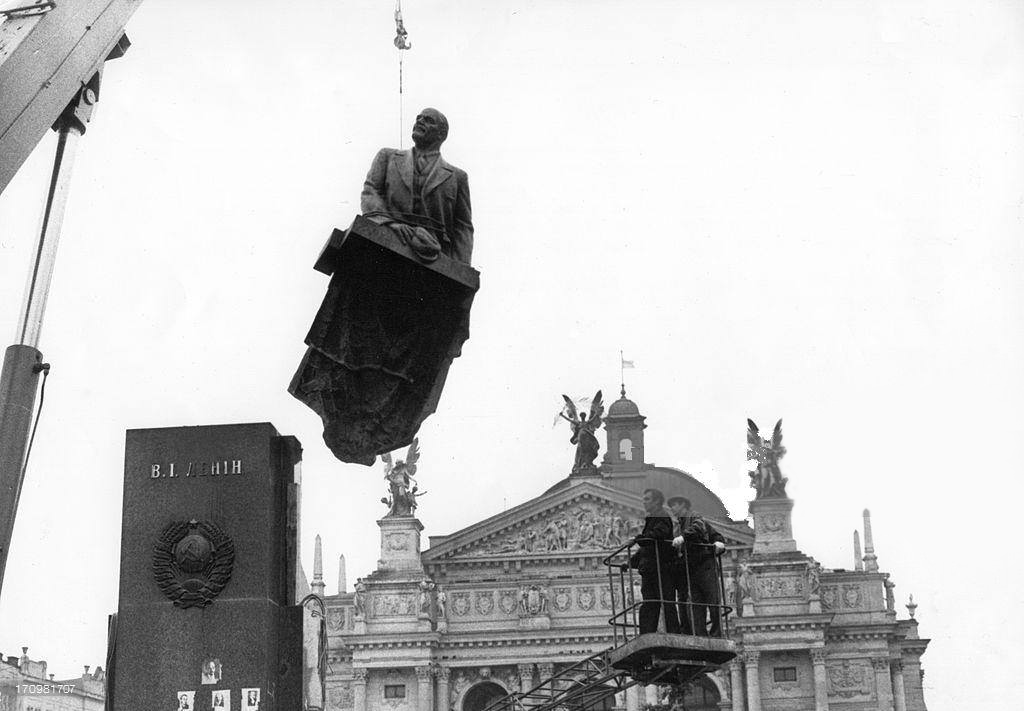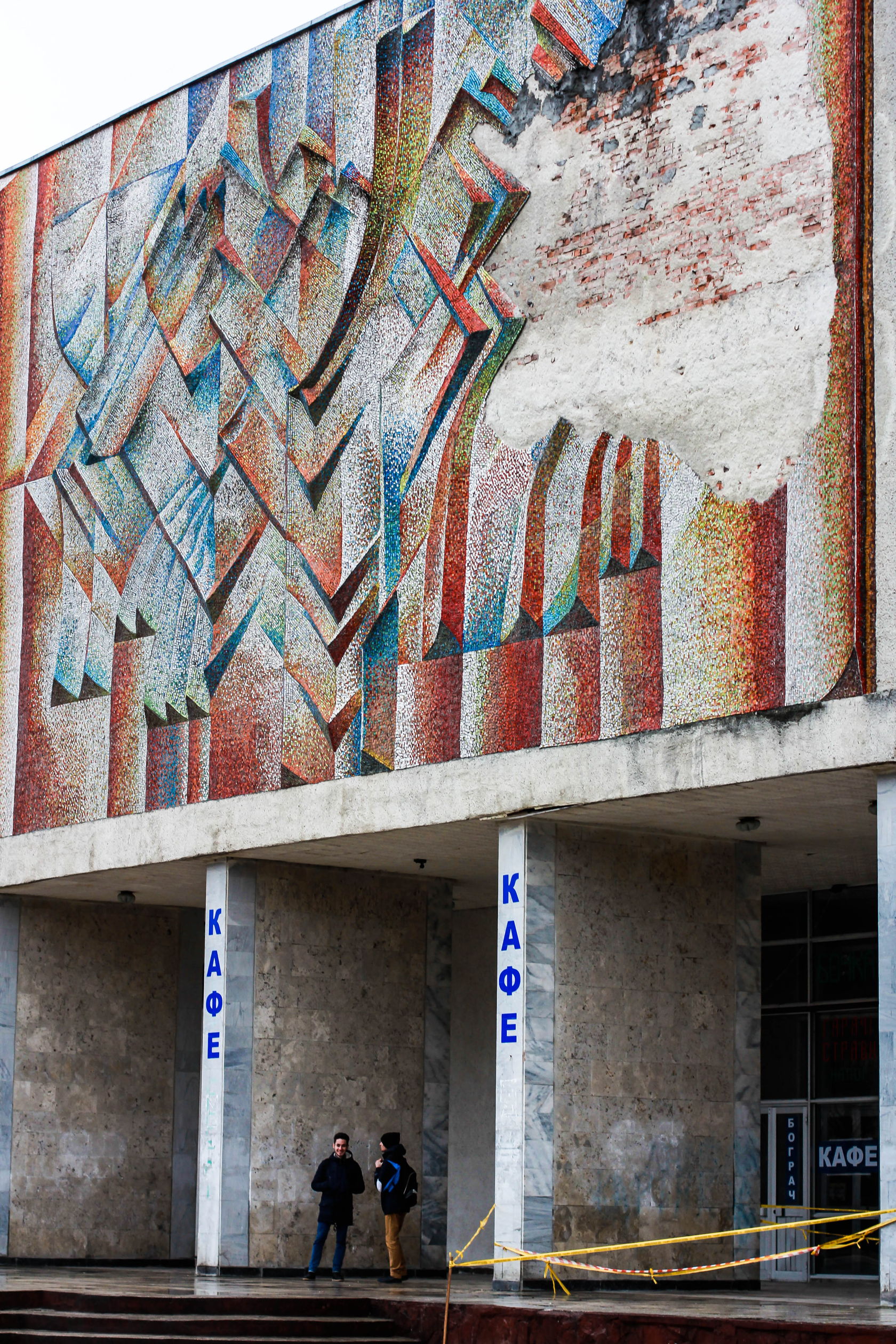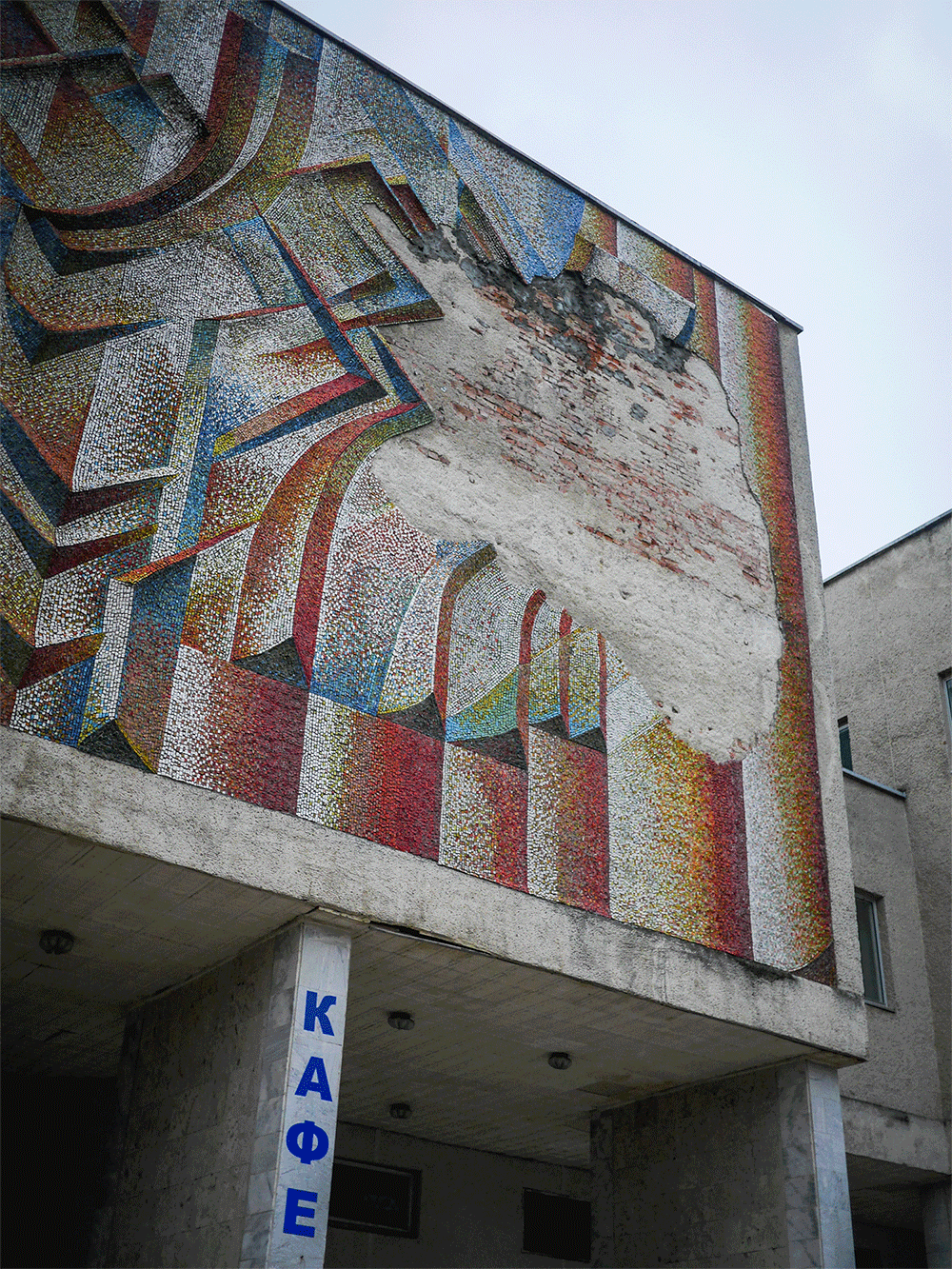prop·a·gan·da /ˌpräpəˈɡandə/
chiefly derogatory Information, especially of a biased or misleading nature, used to promote or publicize a particular political cause or point of view
chiefly derogatory Information, especially of a biased or misleading nature, used to promote or publicize a particular political cause or point of view





